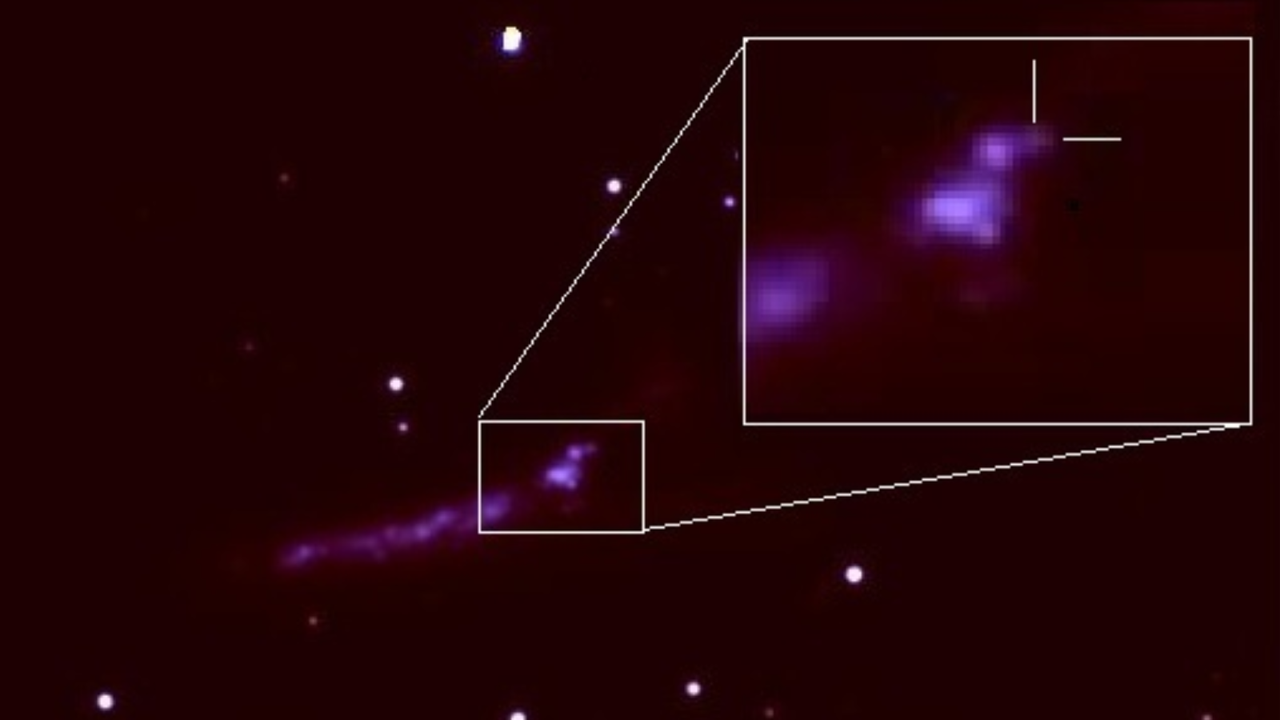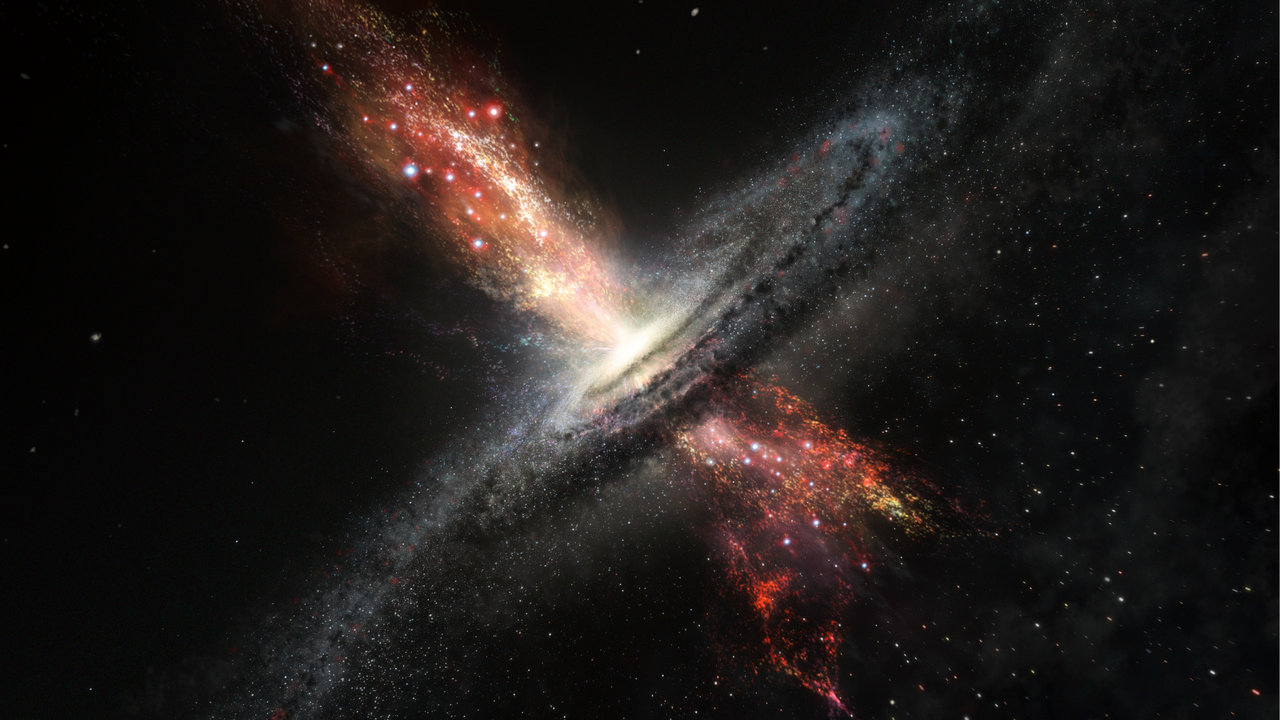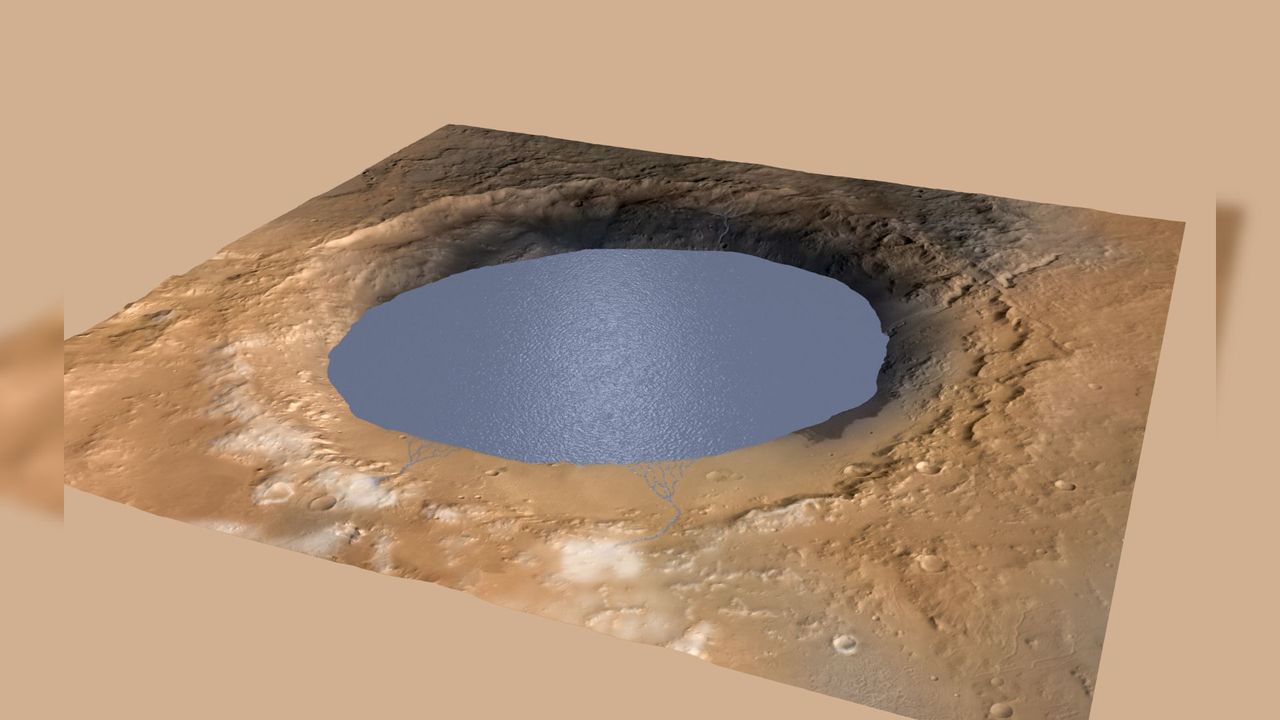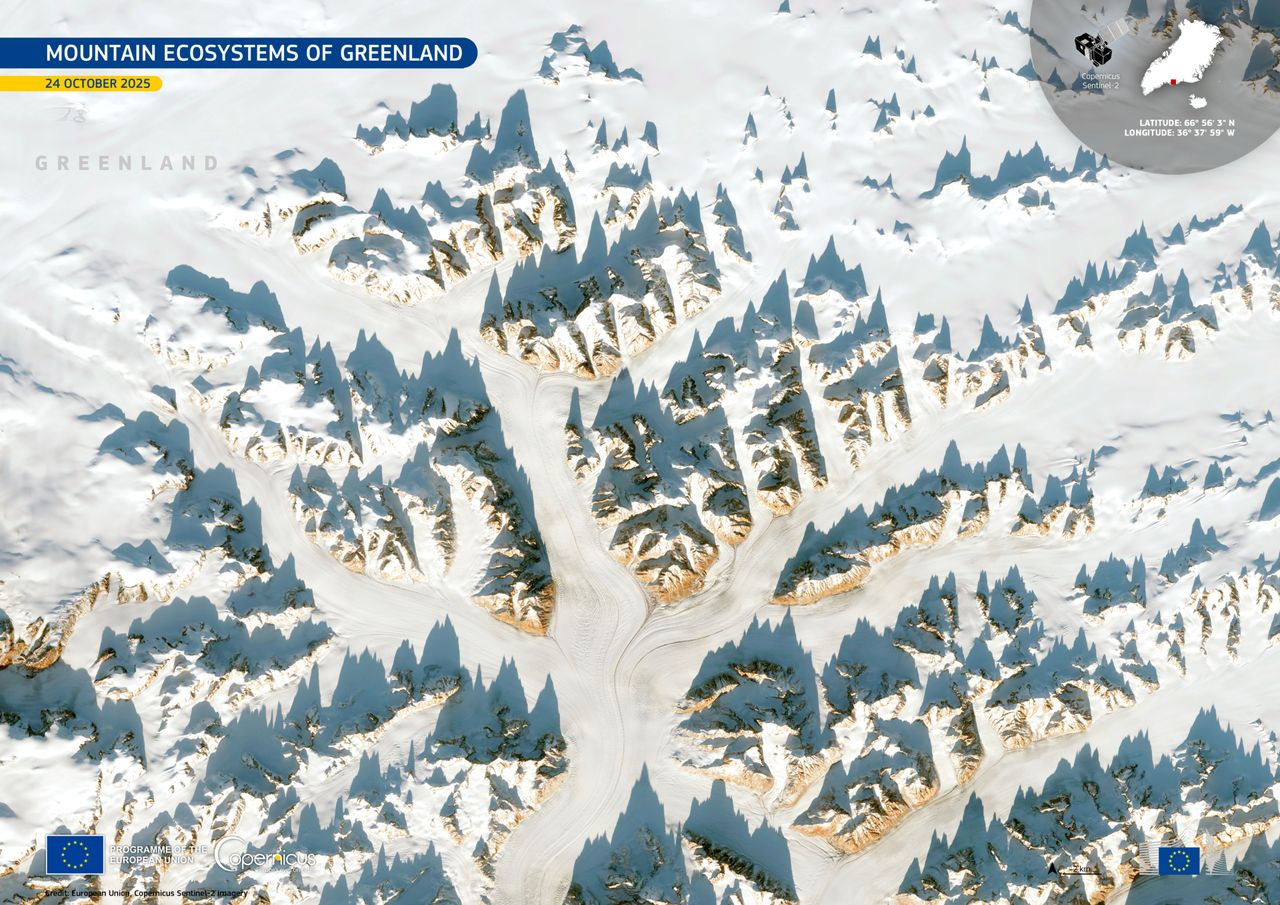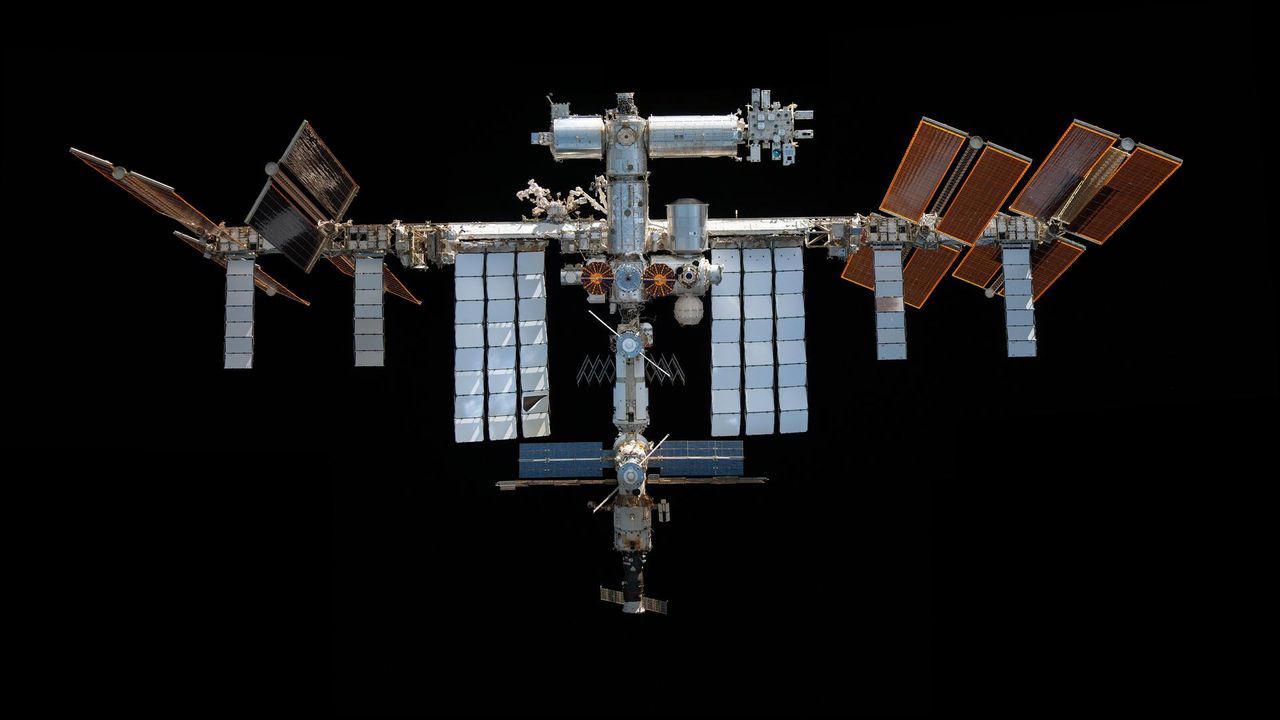Scientists want to search for life in this double star system devoid of giant exoplanets. Here's why
NeutralScience
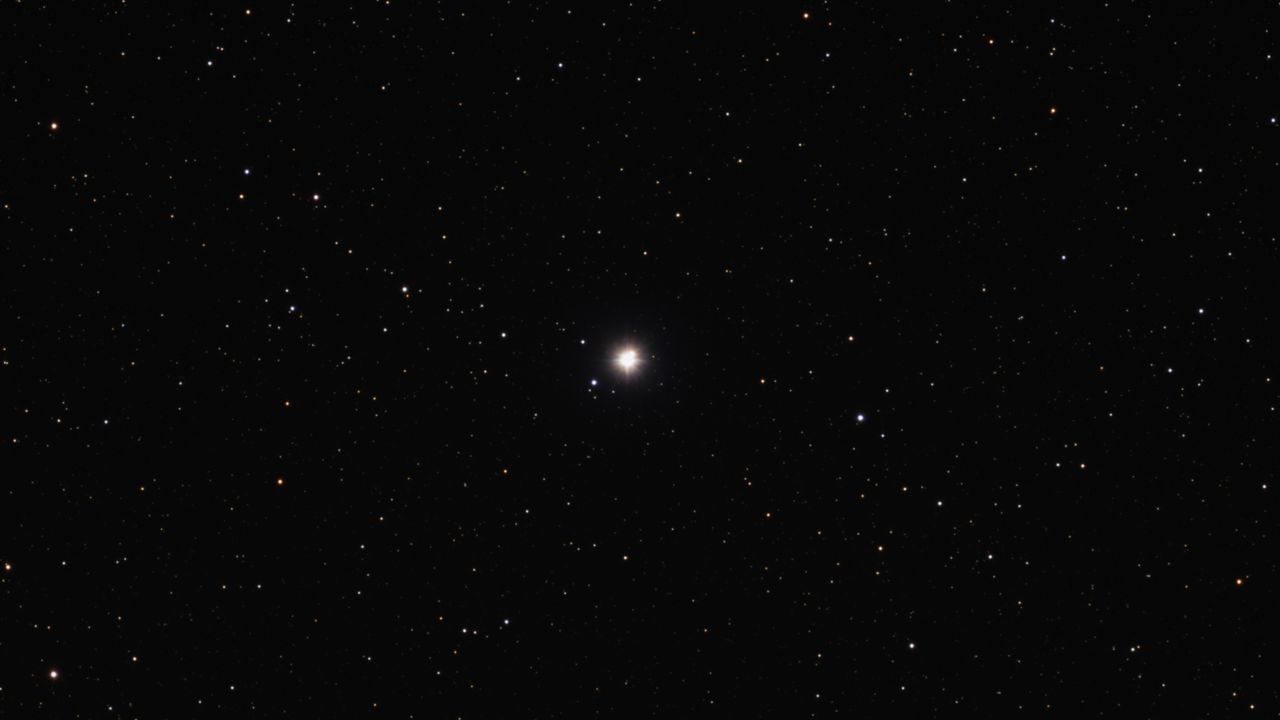
- Scientists are focusing on a double star system that appears to lack giant exoplanets, suggesting that these massive planets may have been ejected from their orbits, leading to a rogue existence. This intriguing scenario opens new avenues for the search for extraterrestrial life in environments previously thought to be inhospitable.
- The absence of giant exoplanets in this double star system raises significant questions about planetary formation and stability, potentially reshaping current understanding of how planetary systems evolve and the conditions necessary for life.
- This development aligns with ongoing research into celestial phenomena, including the dynamics of galaxy clusters and the behavior of unusual celestial bodies, highlighting the complexity of cosmic interactions and the potential for life in diverse environments.
— via World Pulse Now AI Editorial System
